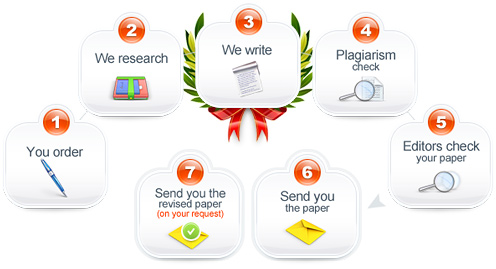The main purpose of the weekly assignments is a “behavioral nudge” to complete the readings and reinforce concepts by exercising your critical thinking skills – especially analysis and synthesis. In analysis, you break down concepts into a chapter and explore how they relate to one another. In synthesis, you combine concepts and apply them to issues or problems as they present in the world.
Assignments must be submitted as a Worddocument. If I cannot readily read your format, then it will be returned with a note and a score of zero. PDFs and “screen shots” are not acceptable since they do not allow ready application of comments on your submission. The submission must be double-spacedwith 11-or 12-inch Times Roman font. You must use APA Stylefor parenthetical citations and full references for the parenthetical citations.
Course Textbooks: Patient Advocacy for Health Care Quality: Strategies for Achieving Patient-Centered Care, edited by Earp, J.L., French, E.A. & Gilkey, M.B., published by Jones and Bartlett, copyright 2007.
The Healthcare Quality Book: Vision, Strategy, and Tools, 3rd edition, by Joshi, M., Ransom, E.R., Nash, D.B., and Ransom, S.B., editors
You acknowledge that the work that you submit is your own. Plagiarism earns an F on the assignment. A second offense earns an F for the course. This will put your continuation in the program in jeopardy. Public health clients trust us. I trust you. If you violate that trust, how can I trust you to place people into your care? Trust is hard won. Once it is lost, it is extremely difficult to restore. Your word is your bond. Trust is the “coin of the realm” in academia, professional, and community life. I strongly urge you to make use of the Writing Center if there is any doubt about plagiarism. You have resources online at Purdue OWL for plagiarism and APA style.
Your weekly submission must demonstrate that you have read the material. One sure way to do this is by citing pages from the readings where appropriate to support the claims that you make in your submission. I would expect several different citations from the readings. Plus, I would expect at 2 citationsfrom the peer-reviewed research literaturefor each questionin the assignment. If there are two questions, then a minimum of 4 peer-reviewed research citations is required. You’re in graduate school so the expectation is that you read and become familiar with the relevant literature to inform your understanding. It’s a professional expectation. Get help from the Writing Center or Research Librarian if you don’t know how to review the literature and incorporate your findings into your submission.
J – p. 28, C1, Question (Q) #2; p. 50, C2, Q #1
1. Think of an experience you, a family member, or a friend has had with healthcare. Gauge the experience against IOM’s six aims, and identify any opportunities for improvement.
2. After applying the IOM’s six aims of improvement to their experience, students can discuss how these insights may be used in developing quality improvement projects within healthcare organizations. Drawing from the case studies and lessons learned outlined in the chapter, students should be encouraged to think about what is involved in creating a culture of improvement within the organization and in collaboration with organizations in the region.
3. E – C1 Describe the socioecological framework of patient advocacy, give examples of each level

